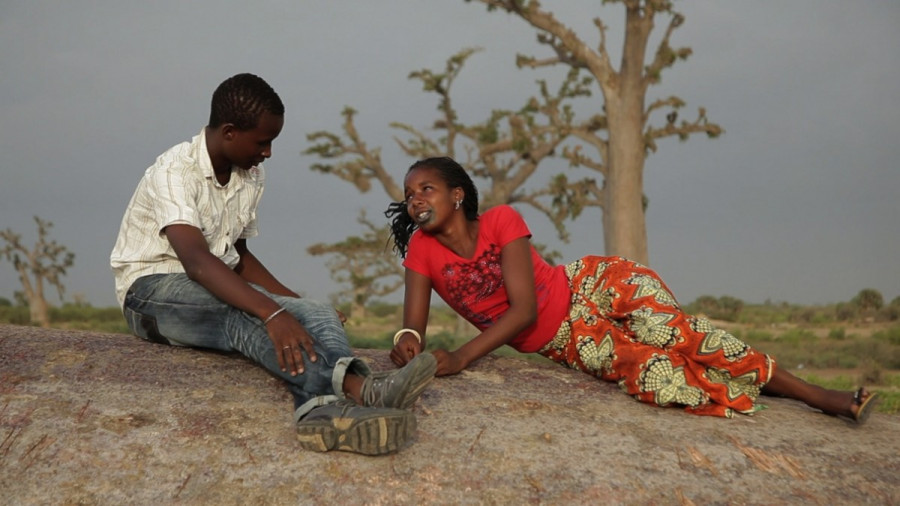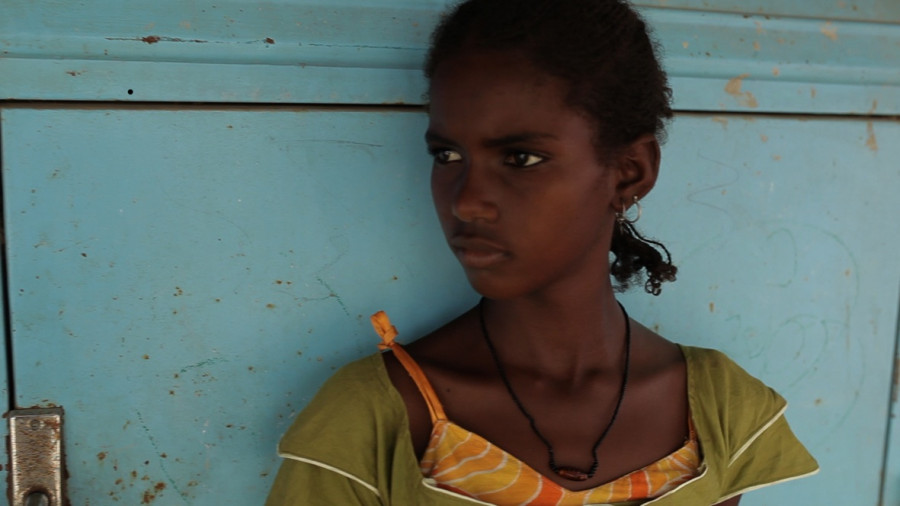Education Interrupting Tradition
Grand Comme le Baobab Features Organic Filmmaking in Senegal
Cultural progress in Senegal has split the collective values of many villages and is explored in the film Grand comme le baobab which has its world premiere at the Montreal World Film festival this week.
Director and co-writer Jeremy Teicher, 23, was inspired by the people he met while visiting Senegal in 2009 for another project.
“My goal was to tell a different sort of story in Africa and give the entire voice of the film to the villagers,” Teicher said.
He added that the typical narrative for films based in Africa separates the viewer from the subject, and that such films always show Africans in a specific light.
“You see the images of these villagers, and all you can really think about is poverty or violence. And there are serious economic and social challenges—but there’s also a richness of culture.”
In Grand comme le baobab, a home is divided. One daughter is going to school and one is staying home to be married off. Teicher structured the scenes and decided on the narrative arc, but the creation of the dialogue was a collaboration on set.
“The actors were all local villagers,” Teicher said. “[They] are essentially the same person that they play in the film.”
Teicher discussed what he wanted and let his actors create their own dialogue while the cameras rolled.
This satisfied a need for authenticity in two ways—first, the actors had been chosen based on life experiences which aligned them with their characters, so the resulting dialogue was authentic, and second, it allowed him to make the only international feature length film in Pulaar, a language from the Senegal River Valley area spoken by fewer than 4 million people.
This approach fostered the creation of a film rooted in the lives of the villagers, rather than some voyeuristic impression of their reality.
“The kids who are going to school are caught between two worlds culturally,” said Teicher. “They are leaving their villages, they speak different languages in the village and then they go to school in a bustling city. [The adults] recognize the importance of sending kids to school but still they’re having a hard time making the emotional adjustment. […]
“Our film speaks to their emotional experiences without twisting it one way or another to make a political statement.”
Teicher lives in New York City and put the film together while Occupy Wall Street was still very active and debates over same-sex marriage, abortion, religion and government policy showed America to be having its own conflict between modernity and tradition.
“While the situations are objectively totally different, we’re still struggling here at home with lots of questions over what defines our culture and our rules—how we’re allowed to behave. There’s a cultural struggle going on between two points of view.”
Grand comme le baobab / Cinéma Quartier Latin 14 (350 Emery St.) / Aug. 28 to Aug. 31, various times / $10.00





__600_375_90_s_c1.jpg)